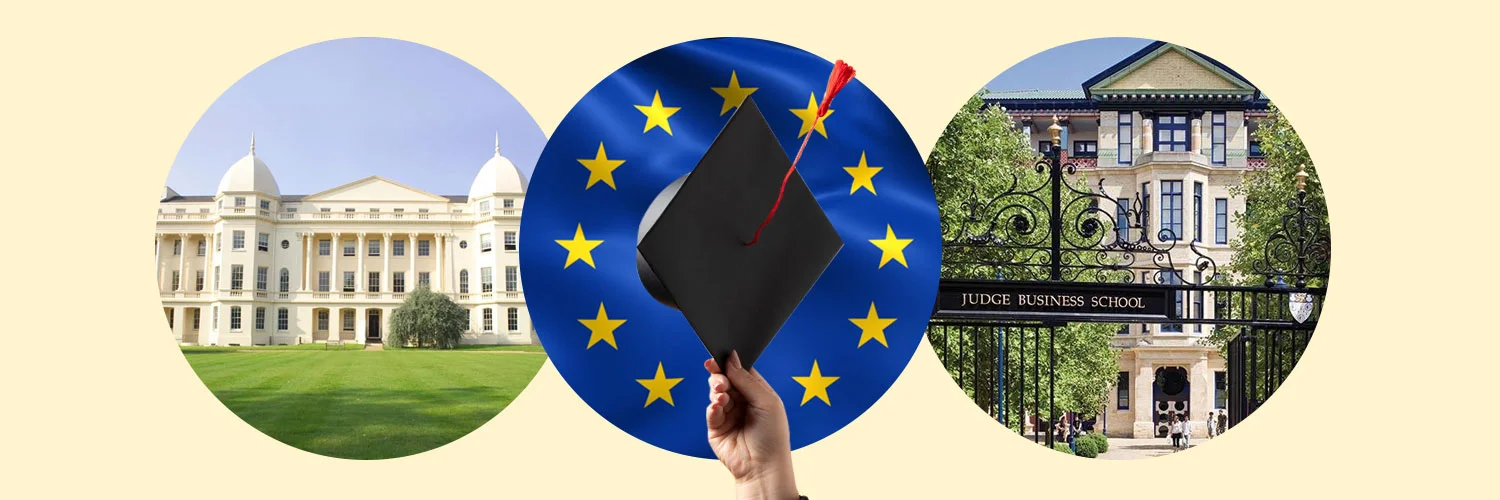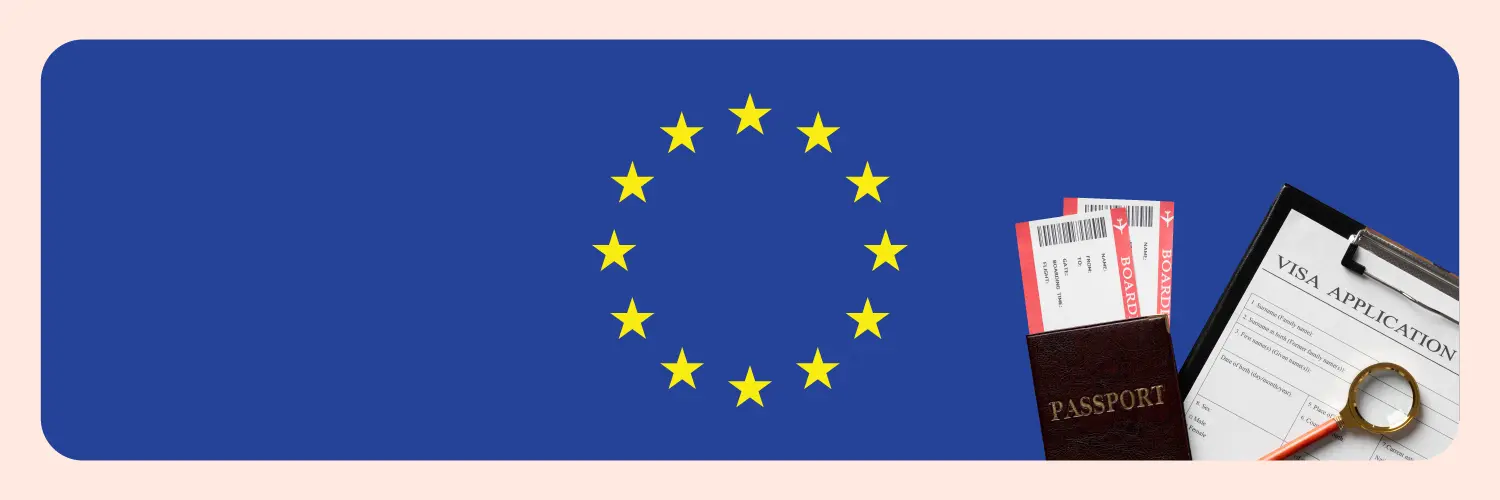
Cost of Living in Norway for Indian Students in 2024
Cost of Living in Norway for Indian Students in 2024
[playht_player width=“100%” height=“90px” voice=“Noah”]Norway is known for hosting some of the best universities in fields like business, science, marketing and finance. Notable institutions such as Bergen University, the Norwegian University of Science and Technology, and the University of Oslo rank among the 100 universities.
Due to its reputation as a leading educational destination with high academic standards, Norway attracts thousands of Indian and international students every year. However, many students face challenges in estimating living costs in Norway for Indian students due to various factors that form part of their daily lives.
To assist you in managing your expenses, we have compiled a guide on the cost of living in Norway for Indian and international students. This guide covers all aspects and a detailed section on the expenses associated with studying and living in Norway.
Types of Living Expenses in Norway for Indian Students
It’s important to note that the overall cost of studying in Norway can vary based on various factors. Your lifestyle will depend on factors like accommodation, essential living expenses in Norway for Indian students and more. Norwegian universities charged no tuition fees until the fall semester of 2023. It’s important to note that the Norwegian government has introduced tuition fees for students from outside the European Economic Area (EEA) who plan to pursue a degree in Norway starting in the fall of 2023. This means that Indian students studying in Norway would now be eligible to pay tuition fees in public universities. However, it is still notably less when compared to other countries such as the UK, the USA, or Canada. Considering the exchange rate of 10.34 NOK per €1, Norway’s estimated monthly living expenses, including accommodation and private university fees, amount to around 14,476.00 NOK.
| Category | Estimated Cost (NOK) |
| Tuition Fees | fff;">€9,000 - €18,000 per year |
| Accommodation | <td style=“background-color:|
| Food and Groceries | <td style=“background-color:|
| Transportation | <td style=“background-color:|
| Study Materials | <td style=“background-color:|
| Miscellaneous | <td style=“background-color:
1. Educational Expenses
a. Tuition fee structure at public universities in Norway - Here is a list of some of the top-ranked universities in Norway that provide this excellent benefit to all international students:
| University | Tuition fees per year (for students who are not from the EU/EEA/CH) ...in EUR |
| University of Stavanger | fff;">Ca. €11,000 to €13,000 |
| University of Oslo | <td style=“background-color:|
| OsloMet | <td style=“background-color:|
| Norwegian University of Science and Technology | <td style=“background-color:|
| University of Bergen | <td style=“background-color:
In terms of taxes the only obligatory payment for students in Norway is the student union fee, which typically ranges from 310.20 NOK to 620.40 NOK per semester. However, this fee comes with some advantages such as discounts, on transportation and cultural events. b. Tuition fees structure at private universities and business schools - Students enrolled in private Norwegian universities and business schools (such as BI Norwegian Business School) generally need to pay tuition fees.
Students from EU/EEA countries or Switzerland typically pay 72,380 NOK - 103,400 NOK per year for bachelor’s programs and around 24,080 NOK per year for master’s programs.
However, the fees for non-EEA students can be between 72,380 NOK - 124,080 NOK per year for a bachelor’s and around 155,100 NOK for a master’s.
2. Accommodation
Accommodation is undoubtedly one of the most significant aspects you must consider for your cost of living in Norway for Indian students if you plan to study in Norway. It often single-handedly gives rise to Norway’s entire cost of living.
Living in Norway is very expensive. Accommodation costs more than your monthly living expenses and your semester tuition combined. Accommodation costs vary depending on the location and type of city you stay in. You can rent an apartment or stay in a student residence hall in Norway.
For example, in Oslo, monthly rent ranges from 7,348 NOK and 15,690 NOK including all necessary utilities. In Stavanger, Trondheim, and Bergen you will need to pay around 12,512 NOK per month on average. So, in a nutshell, the cost of living in Norway for Indian students is generally higher than in other European countries. Hence, students need to plan properly for their study abroad program.
| Type of Accommodation | Average Rent per Month (NOK) |
| Dormitory Accommodation | fff;">5,000 - 10,000 |
| Shared Apartment | <td style=“background-color:|
| 1-Bedroom Apartment | <td style=“background-color:
3. Food and Groceries
Norwegian students typically spend NOK 2,068-3,102 per month on an average for groceries. Although food and groceries are daily essentials, you can cut this food cost in Norway by buying groceries and cooking at home. It will cost you more if you eat out in restaurants or like to have your meal home delivered frequently. Here’s a list of some of the essential food items to give you an overview of the lifestyle in Norway.
| Food Item | Price (NOK) |
| Rice (1 kg) | fff;">22.09 |
| Bread (500 g) | <td style=“background-color:|
| Chicken (1 kg) | <td style=“background-color:|
| 12 Eggs | <td style=“background-color:|
| 1 liter of Milk | <td style=“background-color:|
| Vegetables (1 kg) | <td style=“background-color:|
| Fruits (1 kg) | <td style=“background-color:|
| 1 meal at an affordable restaurant | <td style=“background-color:
4. Transportation
Using public transport in Norway will cost you around 550 NOK and 750 NOK per month. Of course, the estimated cost might go higher or lower depending on how far away you stay from your university.
| Mode of Transport | Cost (NOK) |
| One-way Ticket (Local Transport) | fff;">40 |
| Monthly Pass (Regular Price) | <td style=“background-color:|
| Gasoline (1 litre) | <td style=“background-color:|
| Taxi 1 km (Normal Tariff) | <td style=“background-color:
5. Study Materials
In the cost of living in Norway for Indian students, study materials are an irreplaceable aspect for a student. On average, set aside 156 NOK to 312 NOK for books, notebooks, pens, and other requirements each semester. The cost of books also depends on the course you are pursuing.
| Study Material | Estimated Cost (NOK) | Notes |
| Textbooks (Undergraduate) | fff;">500-1000 per book | <td style=“background-color:|
| Textbooks (Graduate) | <td style=“background-color:||
| Course Packs | <td style=“background-color:||
| Lab Equipment (Science/Engineering) | <td style=“background-color:||
| Printing Costs | <td style=“background-color:
6. Entertainment
Norway offers access to high-quality education. Supports students in adapting to a serene and nature-oriented environment. Moreover, the education system in this country encourages students to explore their interests and hobbies.
As a result, all Norwegian universities have student clubs and numerous associations that cater to interests allowing you to pursue your passions during your free time. Whether you’re interested in drama, music, art, physical activities, social work or language learning these institutions provide opportunities for honing your skills in your chosen field. In addition to these options, you can also enjoy movies, concerts, and several amusement parks throughout Norway.
7. Miscellaneous Expenses
Lastly there are expenses to consider, such as shopping, leisure activities, toiletries, stationery, household items, and other miscellaneous costs in the cost of living in Norway for Indian students. It is recommended to allocate around 1,545 - 2,068 NOK, per month for this category. Keep in mind that these living expenses in Norway for Indian students can vary from person to person and depend on your preferences and lifestyle in Norway.
Conclusion
While the cost of living in Norway may seem daunting, the unique educational opportunities, stunning natural environment, and vibrant culture can offer an invaluable experience. With careful planning, budgeting, and exploring available resources, navigating the cost of studying in Norway for Indian students becomes achievable. Remember, the high expense can be partially offset by the potential for part-time work and the potentially lower tuition fees compared to other Western countries.
Frequently Asked Questions
- Is Norway cheap for Indian and other international students?
No, Norway is generally considered one of the most expensive countries in the world for international students, including those from India.
- How much does it cost for an international student to live in Norway?
The cost of living in Norway is around 14,476.00 NOK monthly. However, if you study in a public university and are able to find cheaper accommodation, the cost of studying in Norway for Indian students will be around 10,340.00 NOK.
- How to save money as a student in Norway?
Before heading out to join a college in Norway, get yourself an international travel card such as the Niyo Global card. It offers zero forex markup on all international spends, meaning there are no extra charges for the convenience of using it for making payments in a foreign currency. What’s more? It’s an INR-based card so adding money to it is effortless. Moreover, it works in more than 150 countries worldwide. Also, you get complimentary airport lounge access in India so you can rest in luxury before a long flight.
- How much will it cost to live in Oslo?
Living in Oslo will cost you much more than living in other cities in Norway. If you rent a decent apartment in Oslo, be ready to spend monthly from 7,238.00 NOK to 15,510.00 NOK.
- What are the housing options available for Indian students in Norway?
Student dorms, shared apartments, and private studios are common options. Consider your budget, social preferences, and location preferences when choosing student accommodation in Norway.
- Is it safe to travel and explore alone in Norway?
Norway is generally a very safe country with low crime rates. However, be prepared for the wilderness, pack appropriate gear for outdoor adventures, and research safety tips for specific regions.
Frequently Asked Questions
- What documents do I need before travelling to the USA for my studies?
Travelling to the USA requires certain documentation to comply with immigration regulations. Here are the key documentation that are needed to travel to usa:
- Passport
- Visa
- Visa Waiver Program (VWP)
- I-20 Form (for Students) or DS-2019 Form (for Exchange Visitors)
- SEVIS Fee Receipt
- ESTA Authorization
- Proof of Finances
- Flight Itinerary and Accommodation Details
- Customs Declaration Form
- Medical Records and Vaccinations
- How can I open a bank account as an international student in the USA?
To open a bank account, you usually need your passport, visa, I-20 or DS-2019 form, and proof of local address. Some banks may have additional requirements, so it’s advisable to check with local banks near your university.
- How can I find suitable on-campus jobs for international students in usa?
You can explore on-campus job opportunities through your university’s career services or job boards. Be sure to comply with the allowed working hours and regulations specified for international students.
- Can international students do off-campus jobs for international students in the USA?
Off-campus employment opportunities for international students are generally limited. Optional Practical Training (OPT) and Curricular Practical Training (CPT) are common options, but it’s important to understand and adhere to the regulations.
- What health insurance options are available for international students in the USA?
Most universities require international students to have health insurance. You can often enroll in the university’s insurance plan or explore private insurance options that meet the university’s requirements.
- How do I apply for admission to a U.S. university or college as an international student?
To study in the USA for international students, you can apply online through the university’s official website or common application platforms like the Common Application. Be sure to check the specific requirements for each institution.







![Cover image for post: Choosing Student Accommodation Melbourne [Mistakes to Avoid]](/blog/finding-the-ideal-student-accommodation-in-melbourne-mistakes-to-avoid/images/Studentaccomdationmelborener.webp)